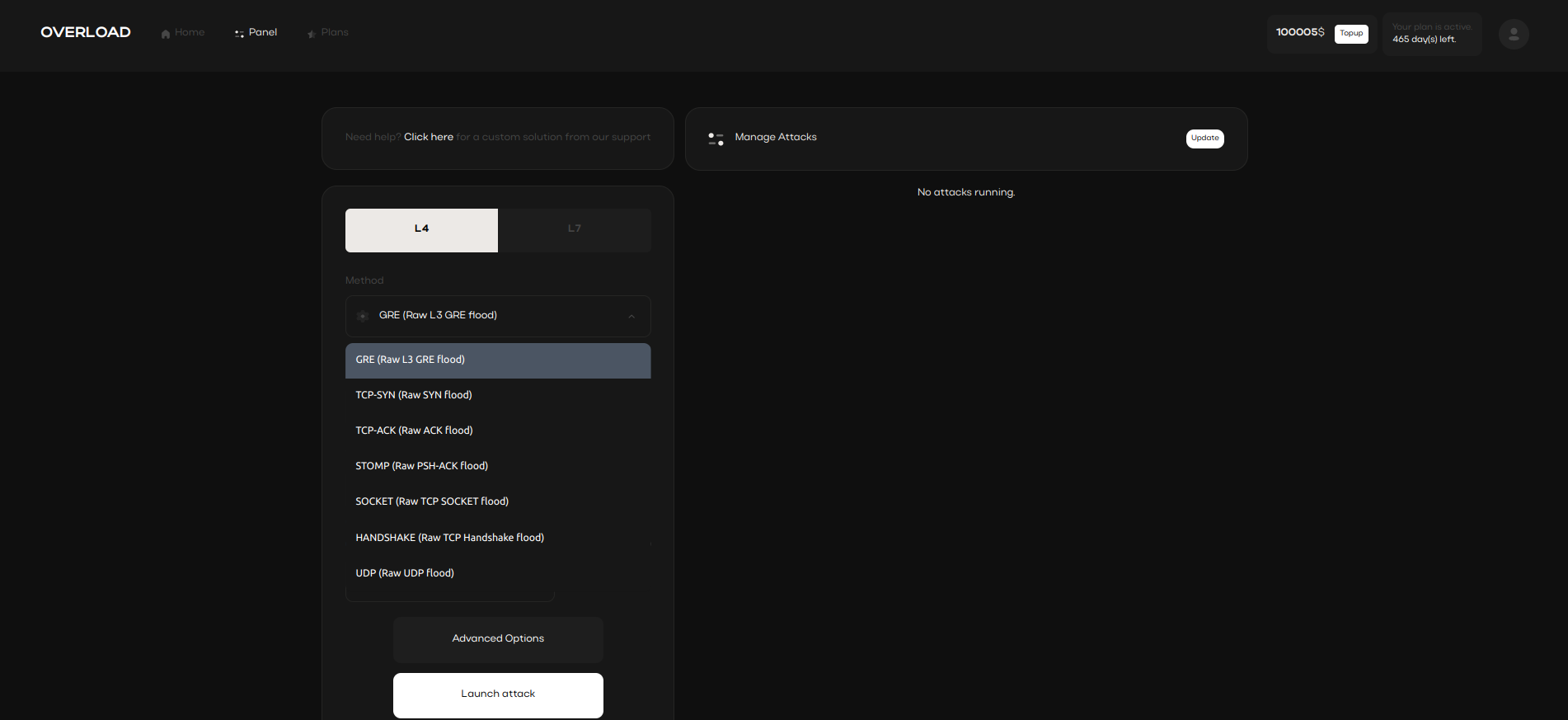Understanding Stressers and DDoS-for-hire Services
Discover the role of stressers in modern network resilience testing.
Amplification Methods in Stresser Services

source IP obfuscation attacks can be enhanced through various reflection-based techniques, such as CLDAP, NTP, DNS increase.
These methods allow attackers to send small signals and receive significantly larger replies, amplifying the attack’s impact.
By using source IP obfuscation tactics, the attack origin is masked, making it challenging to trace
and prevent the traffic from overwhelming the target’s server structure.
- DNS reflection method
- NTP amplification
- CLDAP traffic magnification
Booters and Their Uses

In addition to stressers, there are also booters
which serve a similar purpose. Booters are often used to simulate high traffic loads and identify exposure in systems.
These network overload services allow for a distinctive understanding of server durability. However,
misuse of booter services can lead to lawful issues due to unauthorized network attacks.
IP Spoofing and Layer 4 Attacks

Transport layer (L4) attack methods, commonly utilized in IP stressers, chosen specific network protocols to overwhelm servers.
One popular technique is source obfuscation, where the attacker’s real IP address is hidden, making it difficult to trace.
These L4 methods and source obfuscation tactics are frequently applied to bypass basic barrier systems protections
and effectively simulate high traffic loads on a chosen server.